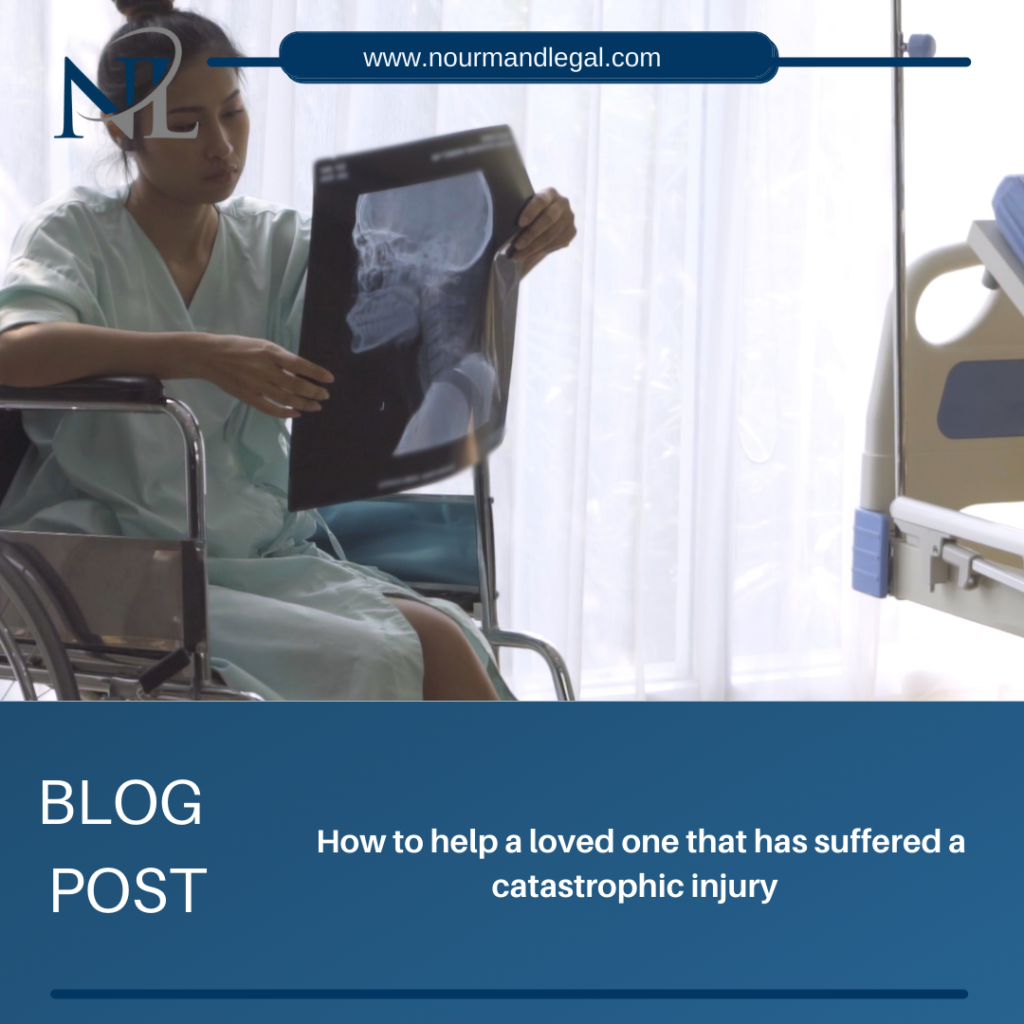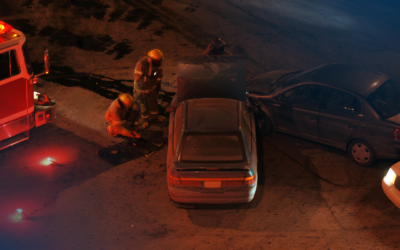How to help a loved one cope with a catastrophic injury
A person who has suffered a catastrophic injury due to the negligence of another may be entitled to compensation. This compensation must account for all physical and non-physical damages, help them recover, and face a new and different stage in their life. Examples of catastrophic injuries are traumatic brain injuries, spinal cord injuries, amputations, severe burns, neurological disease, paralysis, and even death in some extreme circumstances.
Suffering such an injury can be devastating, traumatic, and extremely painful. Physical and psychological recovery can last for the rest of the person’s life, often requiring ongoing medical treatment, surgeries, rehabilitation, prosthetics, and new adaptations. Some victims of catastrophic injuries may lose the ability to work and earn an income. In some other situations, they may not be able to return to those work and recreational activities that they enjoyed so much before the accident.
As a family member or loved one of someone who has suffered a catastrophic injury, it is important to understand that this situation can take a tremendous toll on their physical and mental health. Also, they may need a caregiver who can provide them with the medical and psychological support they need.
Dealing with physical pain, loss of mobility, economic stress, and the trauma of the accident itself can cause depression in the victim. It can also bring a feeling of hopelessness, frustration, and loss of will to live. Here are some of the things you can do to help someone experiencing a catastrophic injury:
- Provide emotional support. Be compassionate with the person’s situation, listen to them when they need to talk, and do it without interrupting them. Allow them to express their emotions freely, without fear of being judged, criticized, or changing the subject.
- Remind them that they are not alone. Constantly remind them that they don’t have to go through all of this alone and that there are loved ones who will help them through this process. If the person allows it, visits from other close and dear people who care about their well-being can be of great help.
- Help them investigate. Read as much as you can about their new condition, the consequences that it will have on their life, treatments, and options that may exist to help them.
Keep in mind that as the caregiver of a person with a catastrophic injury, it is important that you also get psychological support. Call us today if you find yourself in a situation like this, we would love to help you!



